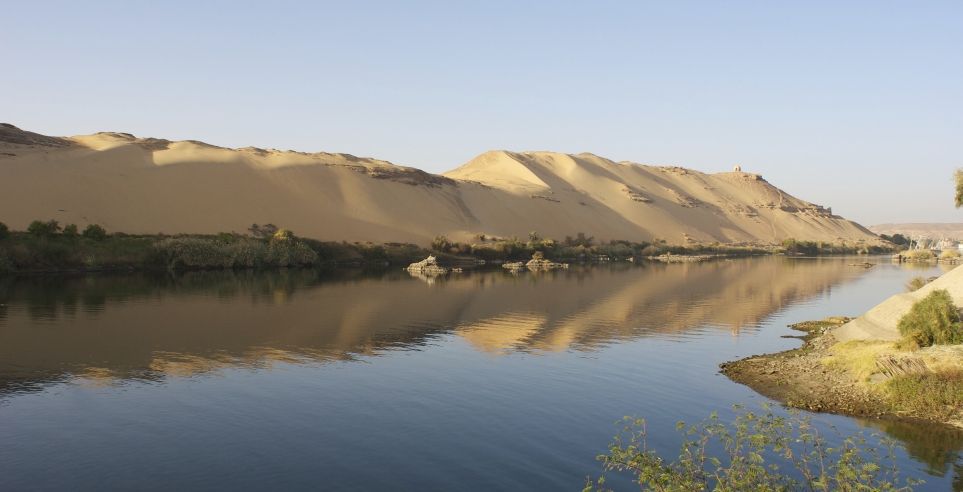Policy Brief – Momentous Change in the Nile Basin
 The Nile Basin is among numerous areas around the world that experience water scarcity. Many of the countries that are in it fail to meet the minimum of 2,740 litres per person per day needed to avoid being listed as a country with chronic water scarcity. To make matters worse, the collective population of these countries is expected to rise to around 647 million by 2030, a 52 percent increase from what it was in 2010 according to the UN Population Division. Fortunately, however, there does not seem to be sufficient evidence to establish a strong relationship of one-way causality between water scarcity and conflict. In fact, a comprehensive study of the matter at Oregon State University in 2001 concluded that incidents of cooperation far outnumbered those of conflict among countries that shared a water resource and experienced water scarcity. This paints a substantially different picture from that portrayed by the dramatic rhetoric expressing quasi-certainty about the occurrence of water wars one typically encounters in sensationalistic pieces. What’s more, the record has shown that the typical response to water scarcity has been one of cooperation and innovation. Having said that, increasing inter-annual variability in the flow of the waters of the river and the consequent increase in instances of floods and droughts, coupled with a rise in the willingness and ability of upstream countries to challenge Egypt’s hegemonic status in addition to the demographic changes mentioned earlier will certainly test the basin countries’ capacity for cooperation, innovation and adaptation. This will ultimately be crucial in determining the state of relations among them and the future of their populations with respect to water.
The Nile Basin is among numerous areas around the world that experience water scarcity. Many of the countries that are in it fail to meet the minimum of 2,740 litres per person per day needed to avoid being listed as a country with chronic water scarcity. To make matters worse, the collective population of these countries is expected to rise to around 647 million by 2030, a 52 percent increase from what it was in 2010 according to the UN Population Division. Fortunately, however, there does not seem to be sufficient evidence to establish a strong relationship of one-way causality between water scarcity and conflict. In fact, a comprehensive study of the matter at Oregon State University in 2001 concluded that incidents of cooperation far outnumbered those of conflict among countries that shared a water resource and experienced water scarcity. This paints a substantially different picture from that portrayed by the dramatic rhetoric expressing quasi-certainty about the occurrence of water wars one typically encounters in sensationalistic pieces. What’s more, the record has shown that the typical response to water scarcity has been one of cooperation and innovation. Having said that, increasing inter-annual variability in the flow of the waters of the river and the consequent increase in instances of floods and droughts, coupled with a rise in the willingness and ability of upstream countries to challenge Egypt’s hegemonic status in addition to the demographic changes mentioned earlier will certainly test the basin countries’ capacity for cooperation, innovation and adaptation. This will ultimately be crucial in determining the state of relations among them and the future of their populations with respect to water.
To read the report, click here.
Related posts:
Category: AFRICA, ENVIRONMENT, FOREIGN POLICY & SECURITY, INTERNATIONAL LAW & HUMAN RIGHTS, MIDDLE EAST & NORTH AFRICA, POLITICS

